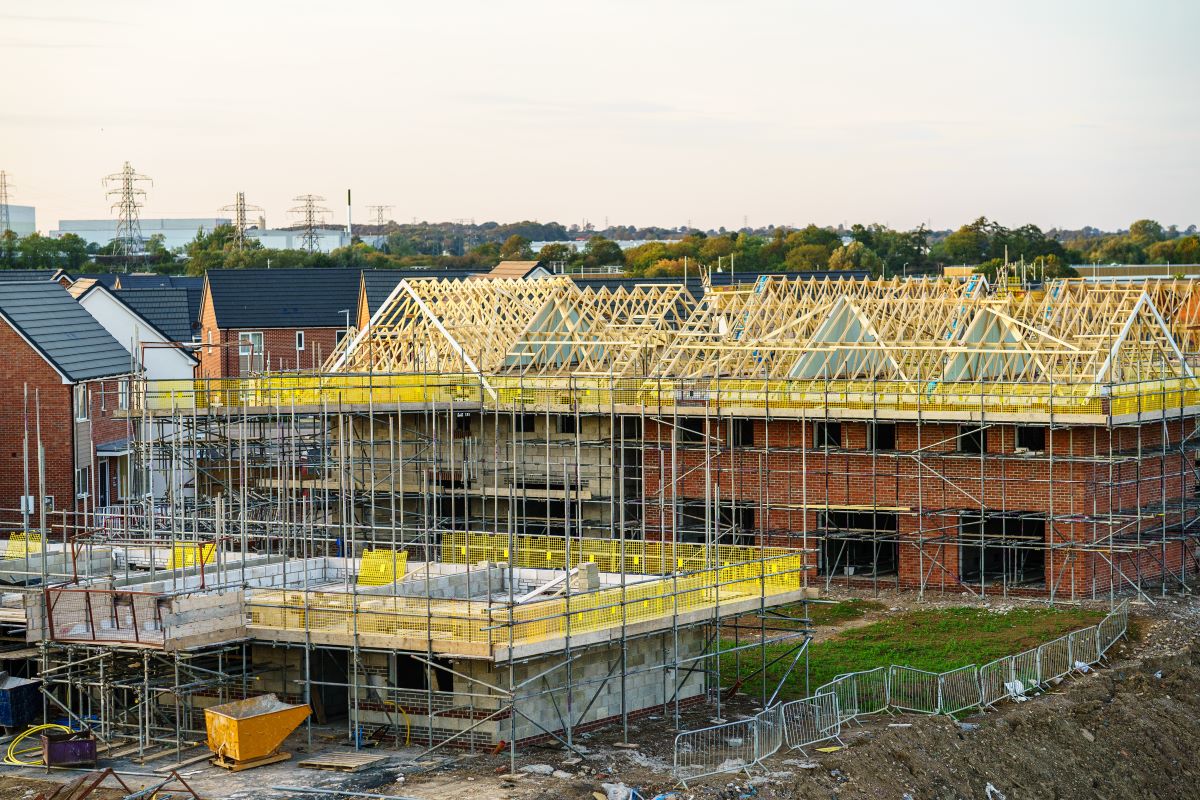As Britain’s cities expand, the environmental consequences are significant and multifaceted. What are the major environmental impacts of this relentless urban growth?
1. Loss of Green Space
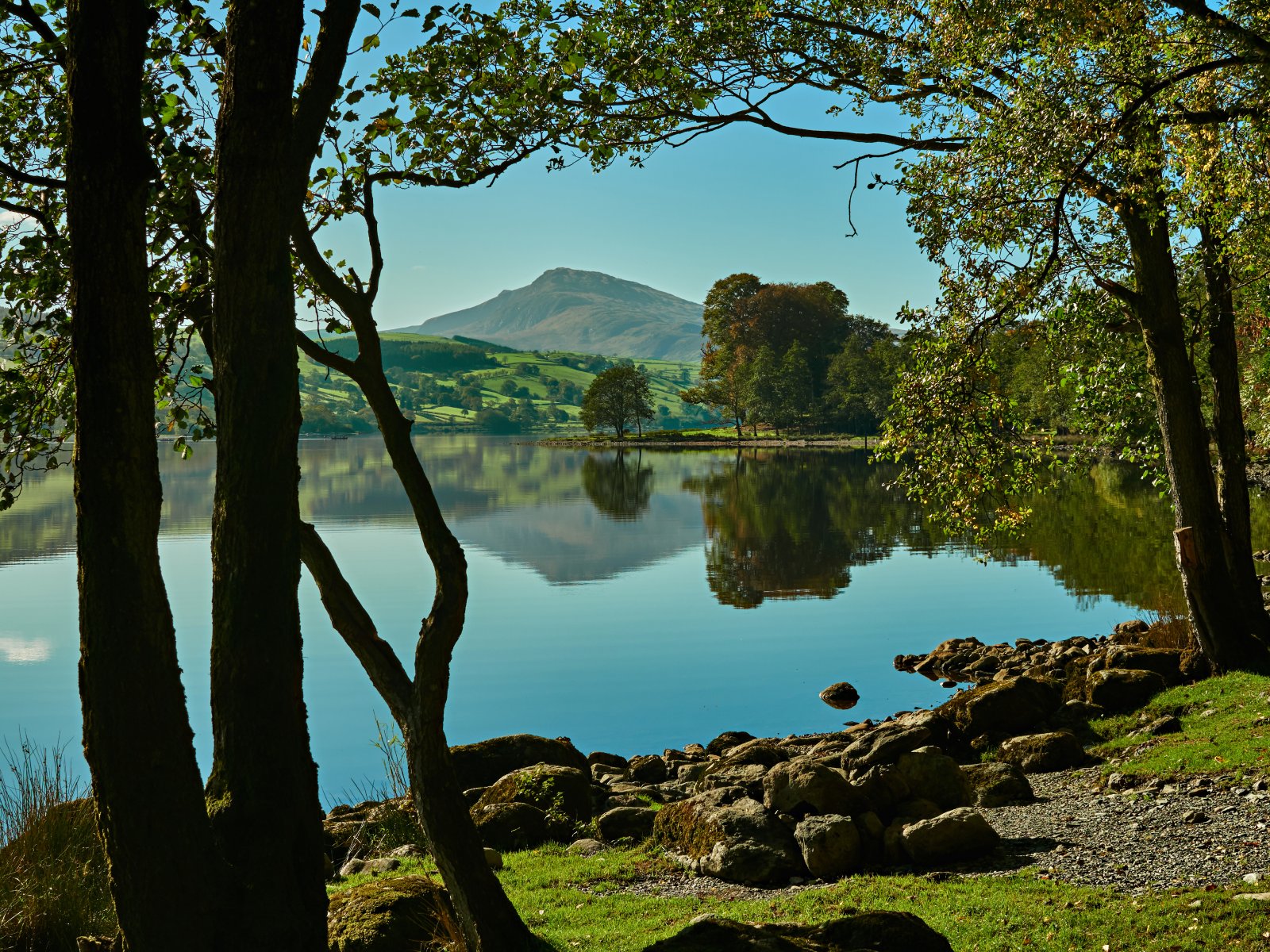
Urban expansion leads to the direct loss of green spaces—parks, woodlands, and fields are paved over, reducing areas available for recreation and wildlife.
2. Habitat Destruction
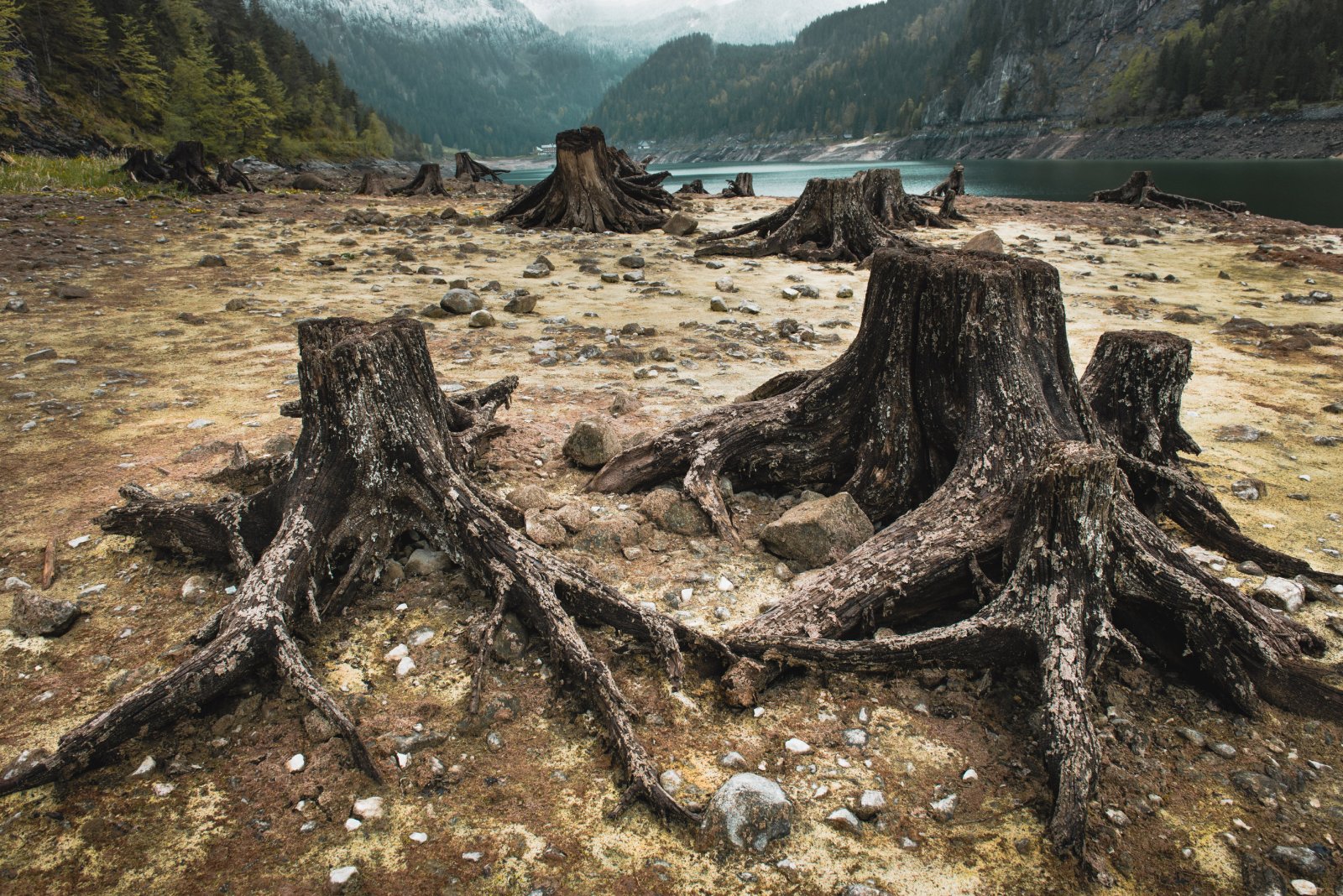
The development of previously undeveloped land destroys habitats for a multitude of species, leading to loss of biodiversity and disrupting local ecosystems.
3. Increased Air Pollution

More urban areas mean more vehicles, more industrial activity, and generally more emissions, worsening air quality and contributing to health problems among urban populations.
4. Water Runoff and Flooding
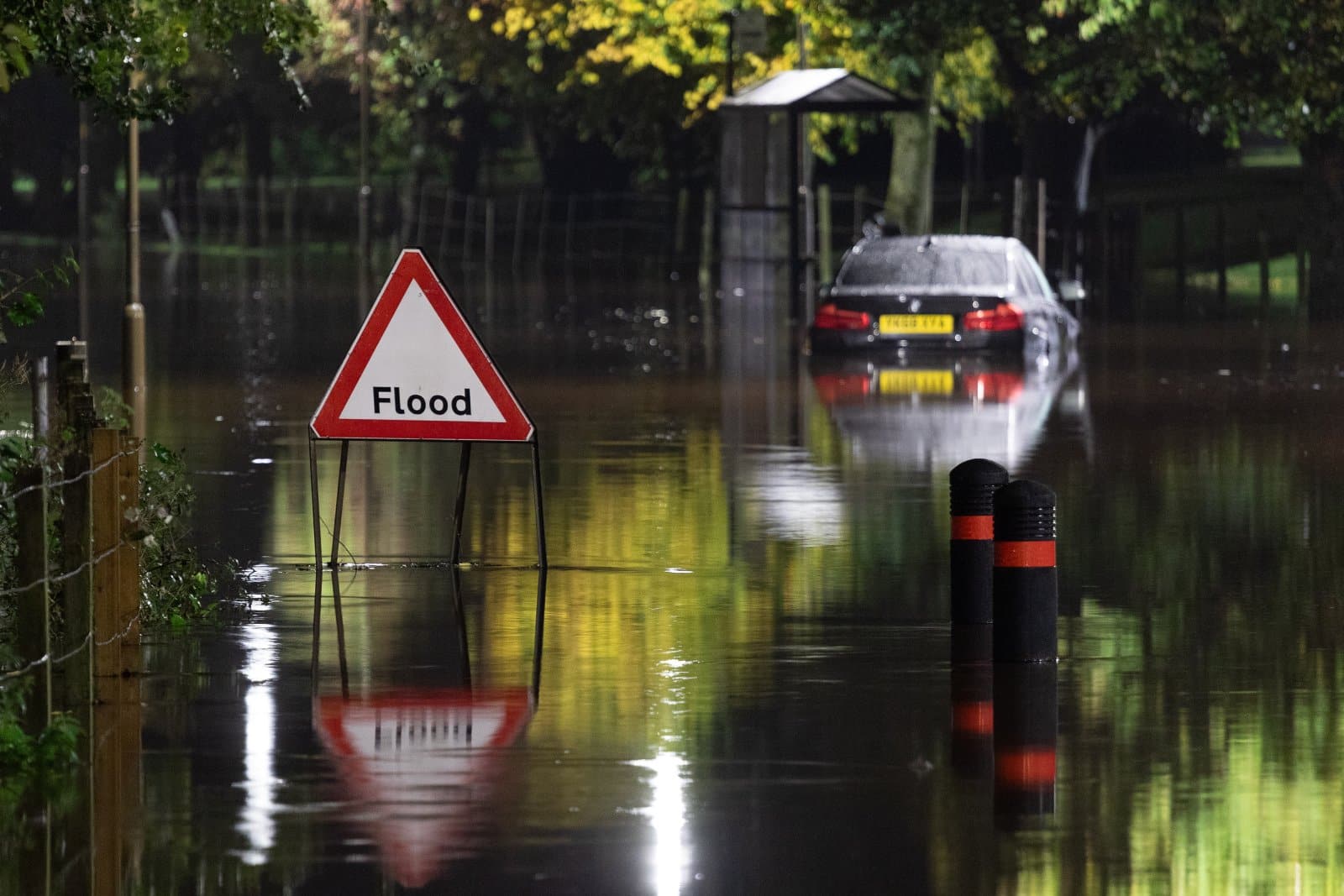
Concrete and asphalt surfaces do not absorb water like soil does, leading to increased runoff and higher risk of flooding during heavy rainfall.
5. Heat Island Effect

Urban areas tend to be warmer than their rural surroundings, a phenomenon known as the heat island effect, which can exacerbate heatwaves and lead to higher energy consumption for cooling.
6. Soil Degradation
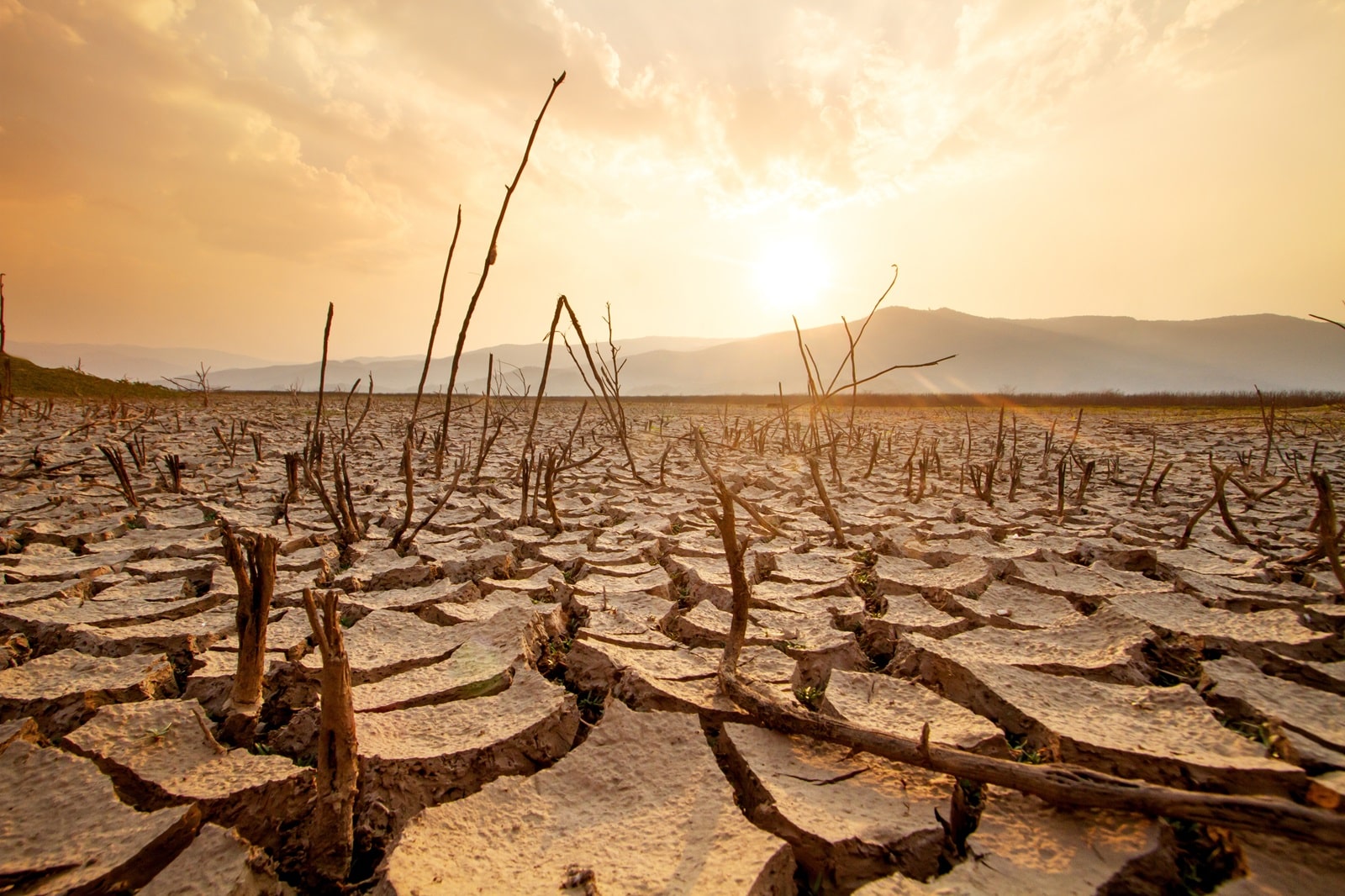
The sealing of soil under concrete prevents it from performing essential functions like filtering water, storing carbon, and supporting plant growth.
7. Strain on Water Resources

Increased population density puts pressure on local water resources, leading to potential shortages and increased competition for water between municipal and agricultural users.
8. Increased Waste Production

Urban expansion typically leads to increased waste production, which can strain waste management systems and lead to pollution if not properly managed.
9. Loss of Agricultural Land
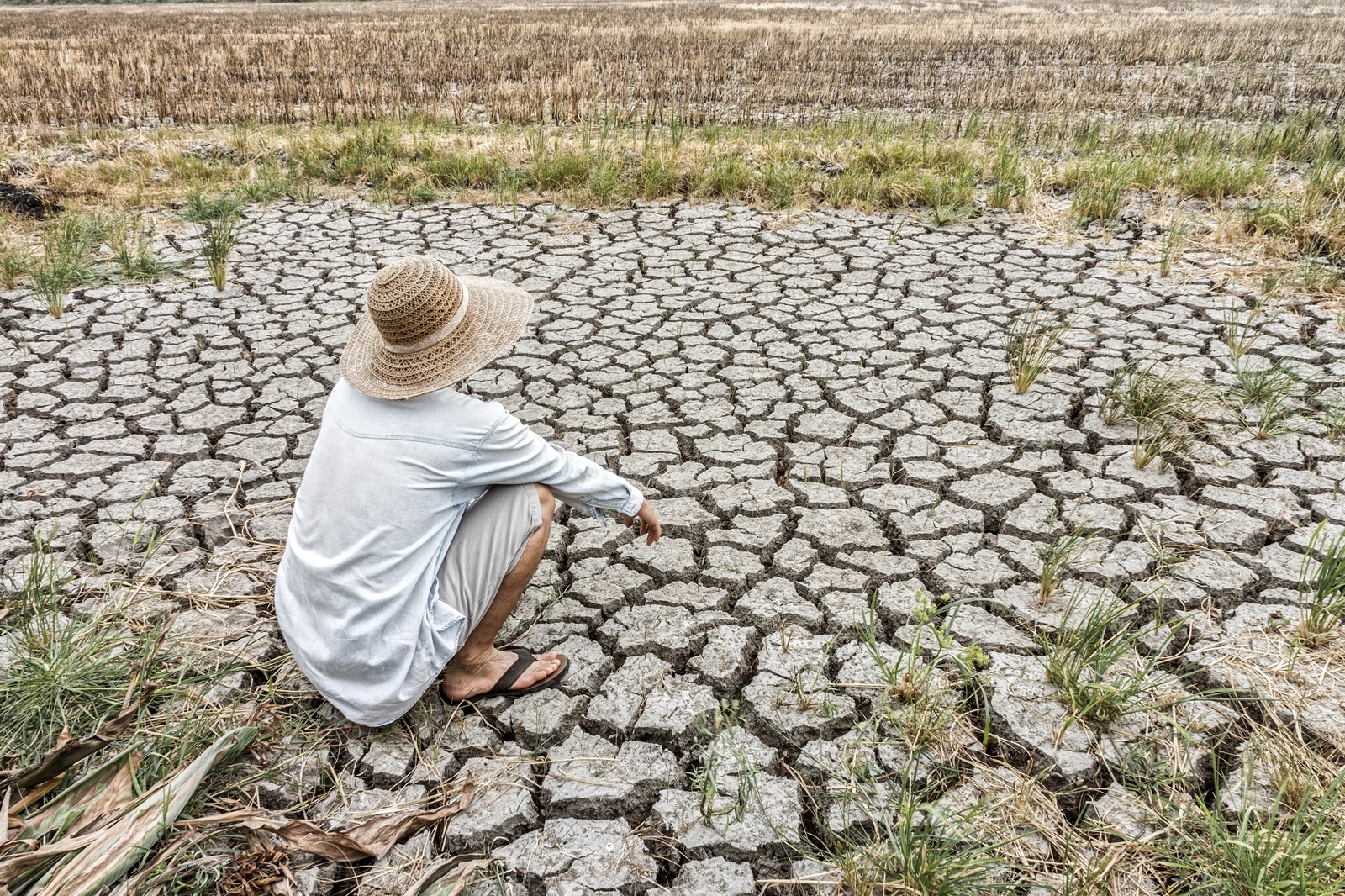
As cities expand, valuable agricultural land is often consumed by development, which can compromise local food security and increase reliance on imported goods.
10. Noise Pollution

The expansion of urban areas often brings with it increased noise pollution, which can have significant effects on both human health and wildlife.
11. Light Pollution
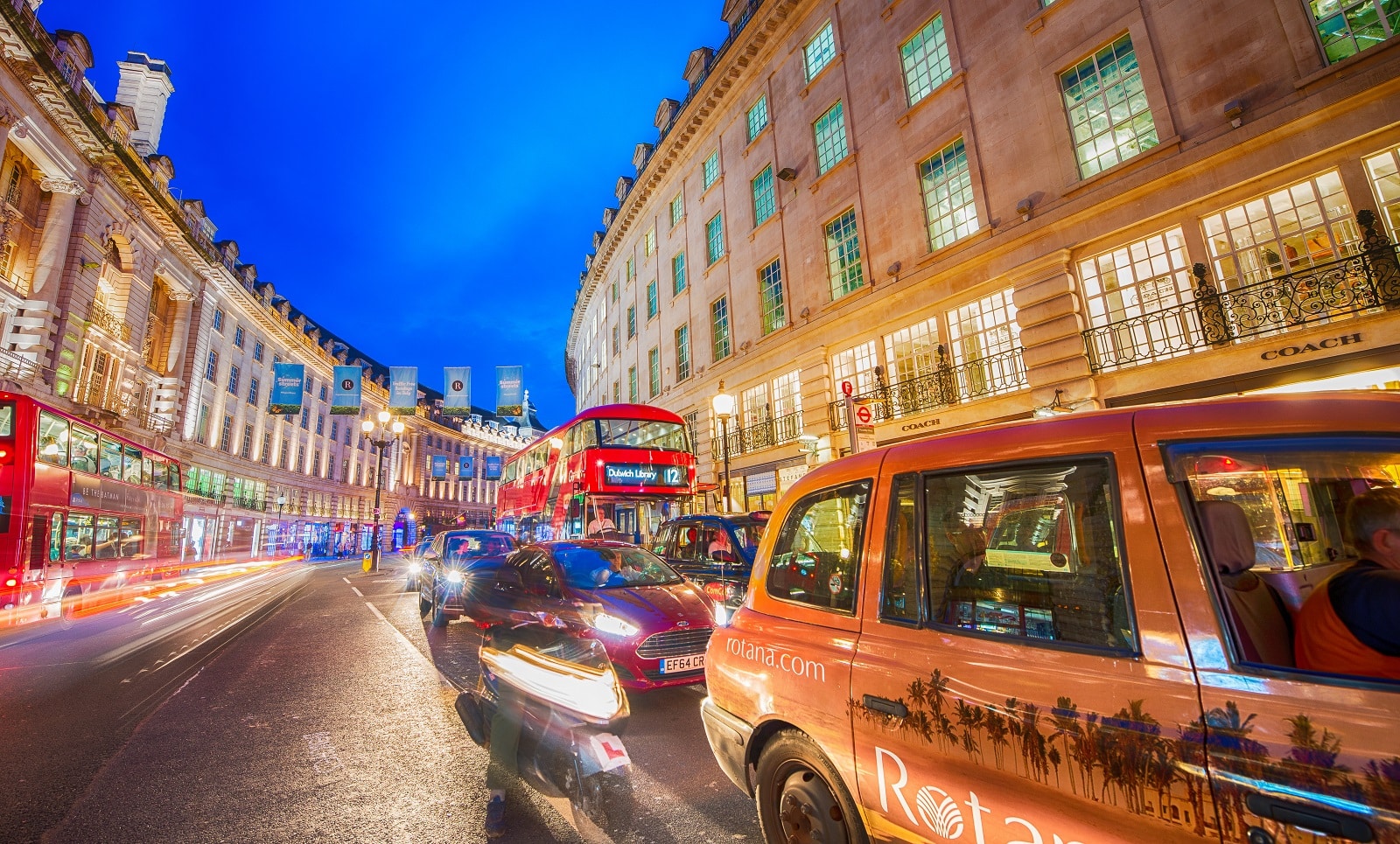
Increased urbanization leads to more light pollution, which can disrupt the natural behaviors of wildlife and diminish the quality of life for residents by obscuring the night sky.
12. Reduction in Water Quality
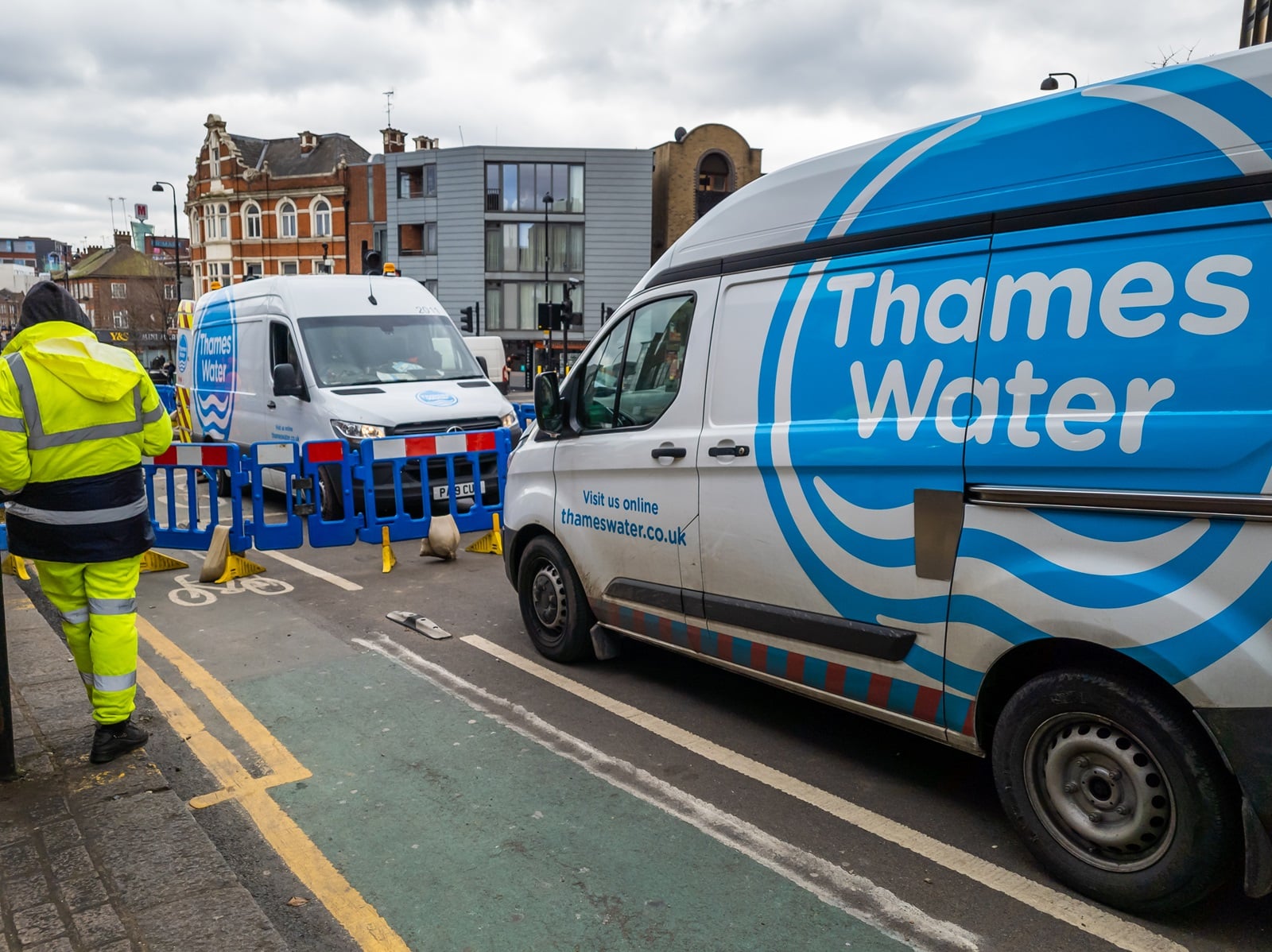
Urban runoff is typically laden with pollutants from roads, construction sites, and industrial areas, leading to deteriorating water quality in nearby lakes and rivers.
13. Fragmentation of Wildlife Corridors
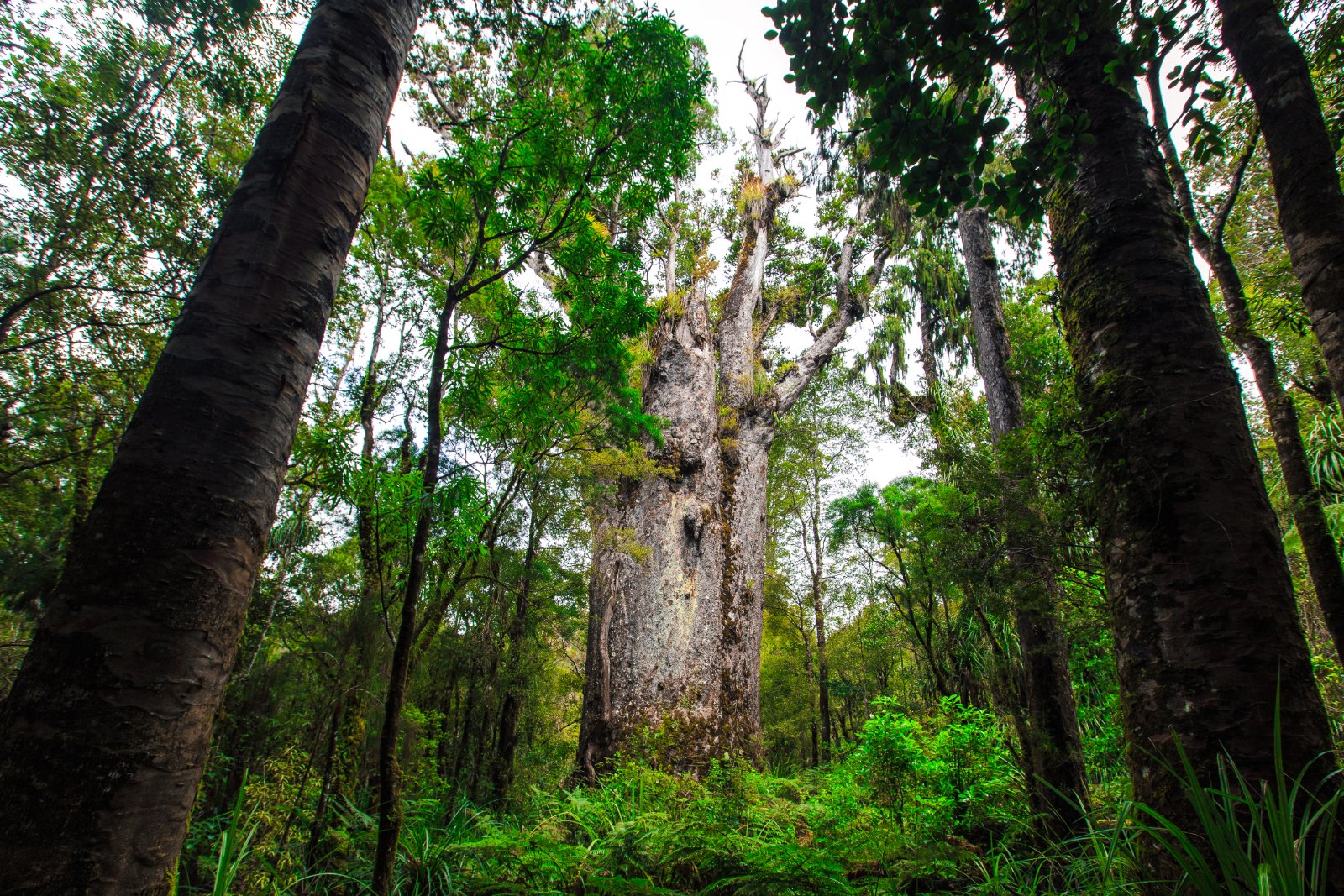
Urban expansion can cut through wildlife corridors, the paths that animals use to travel between habitats, leading to isolated populations and decreased genetic diversity.
14. Increased Carbon Footprint
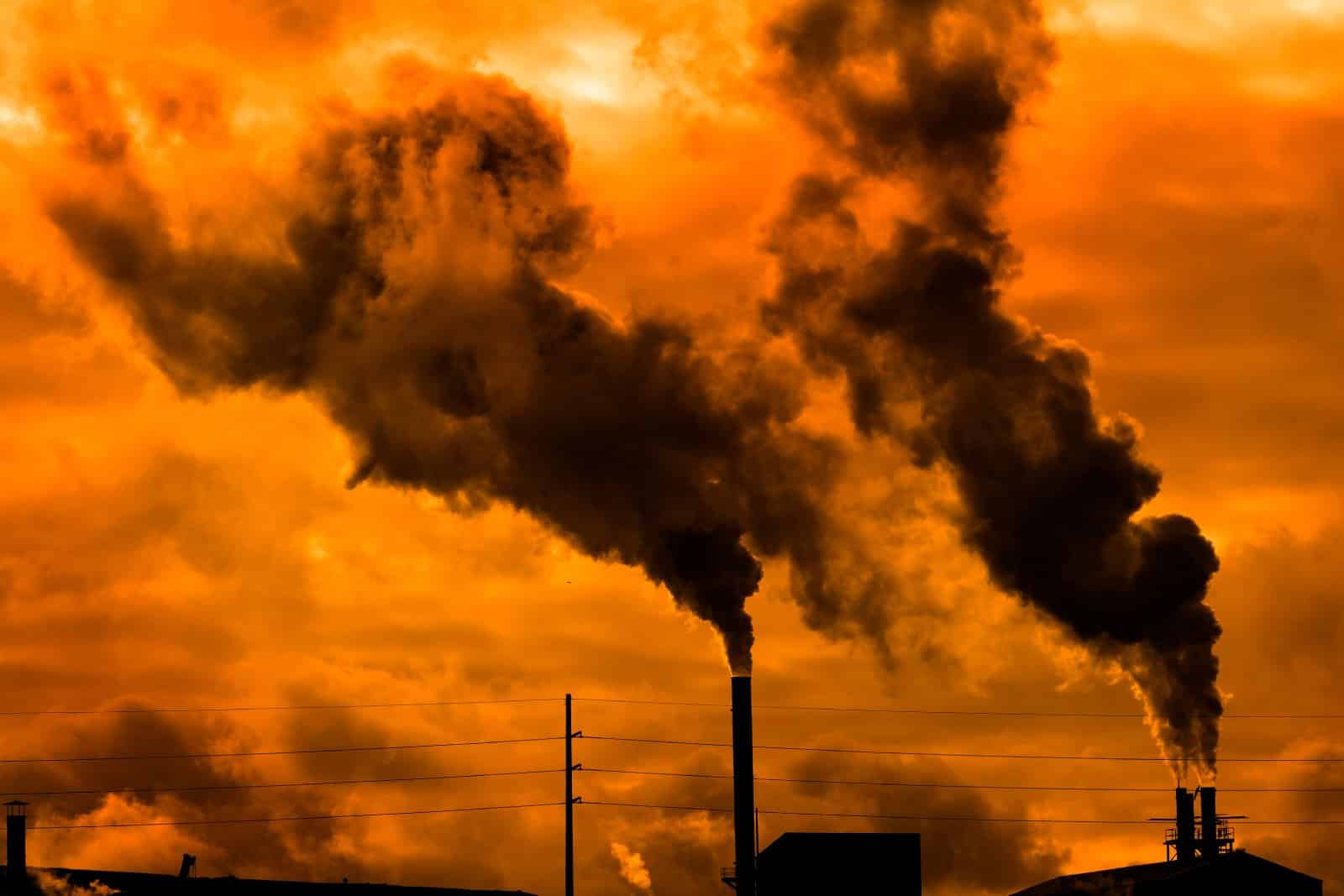
The construction and operation of buildings contribute significantly to carbon emissions, with urban expansion thus directly tied to increased greenhouse gas emissions.
15. Pressure on Local Services
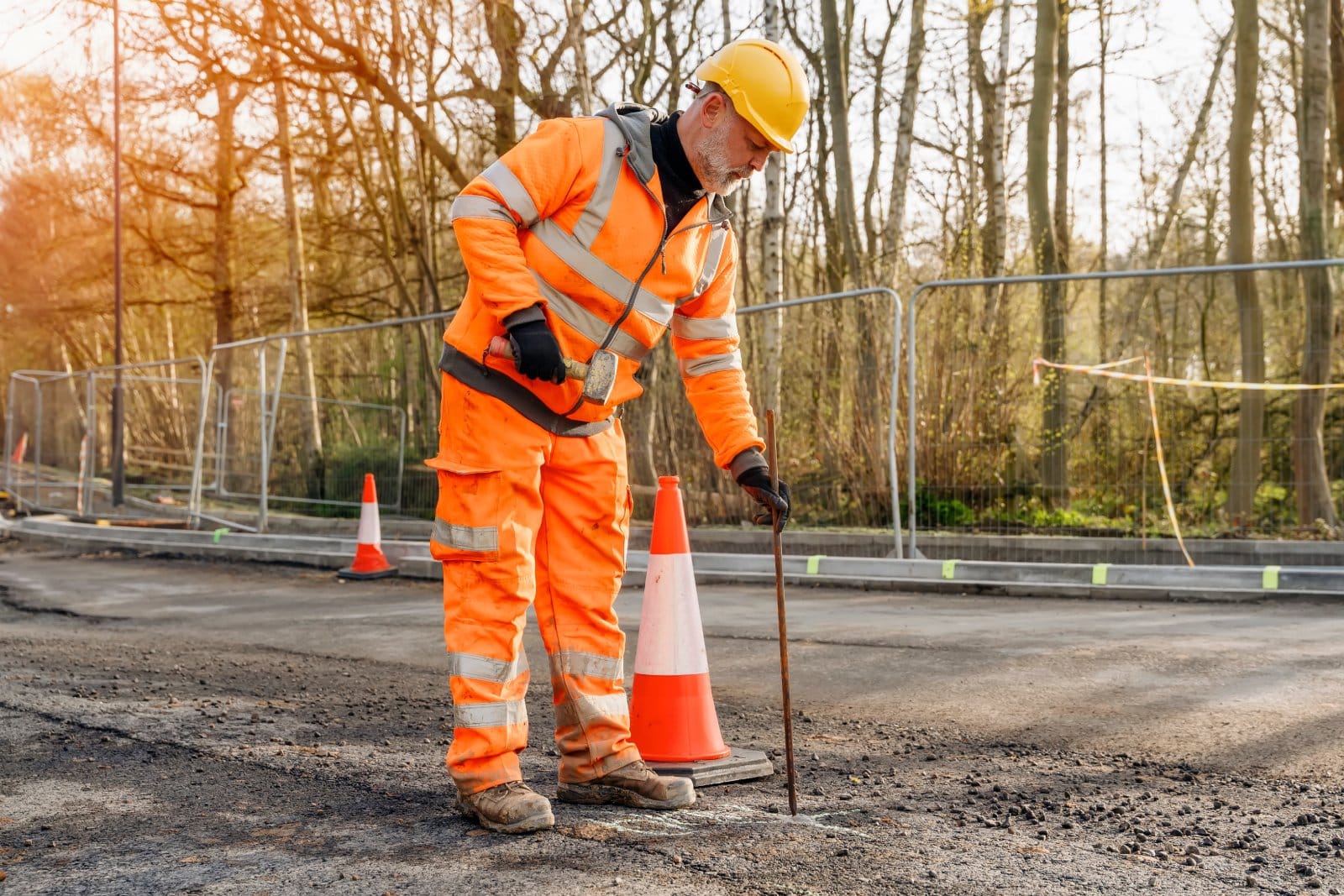
Growing urban populations increase pressure on local services and infrastructure, including public transport, healthcare, and education, often leading to overuse and degradation of these services.
Facing the Future

The environmental costs of urban expansion present a complex challenge for Britain. As the country grows, balancing development with the preservation of its natural landscapes will be crucial. Sustainable planning and innovative green technologies may hold the key to minimizing these impacts, ensuring that urban growth does not come at the expense of the environment.
The post 20 Ways Urban Growth Is Harming Britain’s Countryside first appeared on LoveLists.
Featured Image Credit: Shutterstock / nrqemi.
For transparency, this content was partly developed with AI assistance and carefully curated by an experienced editor to be informative and ensure accuracy.

